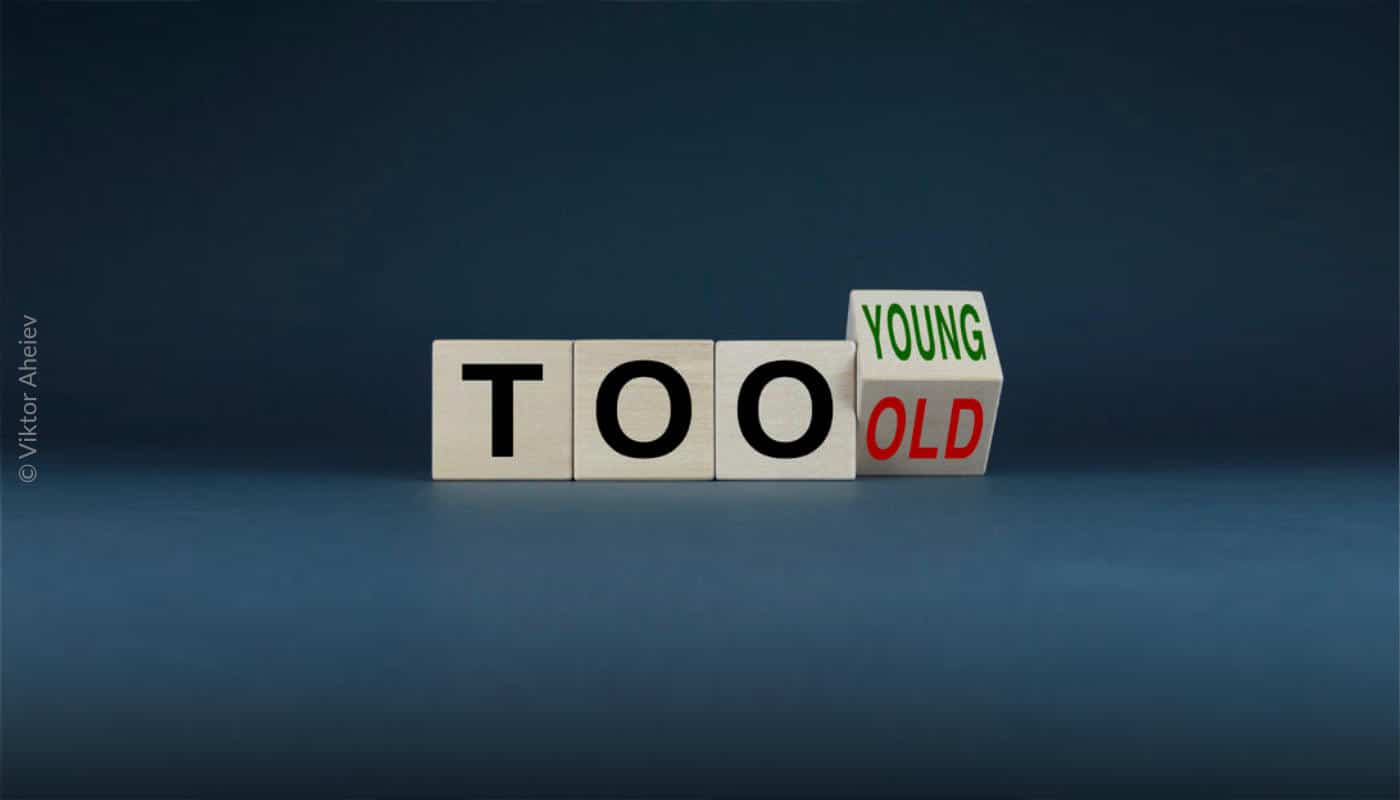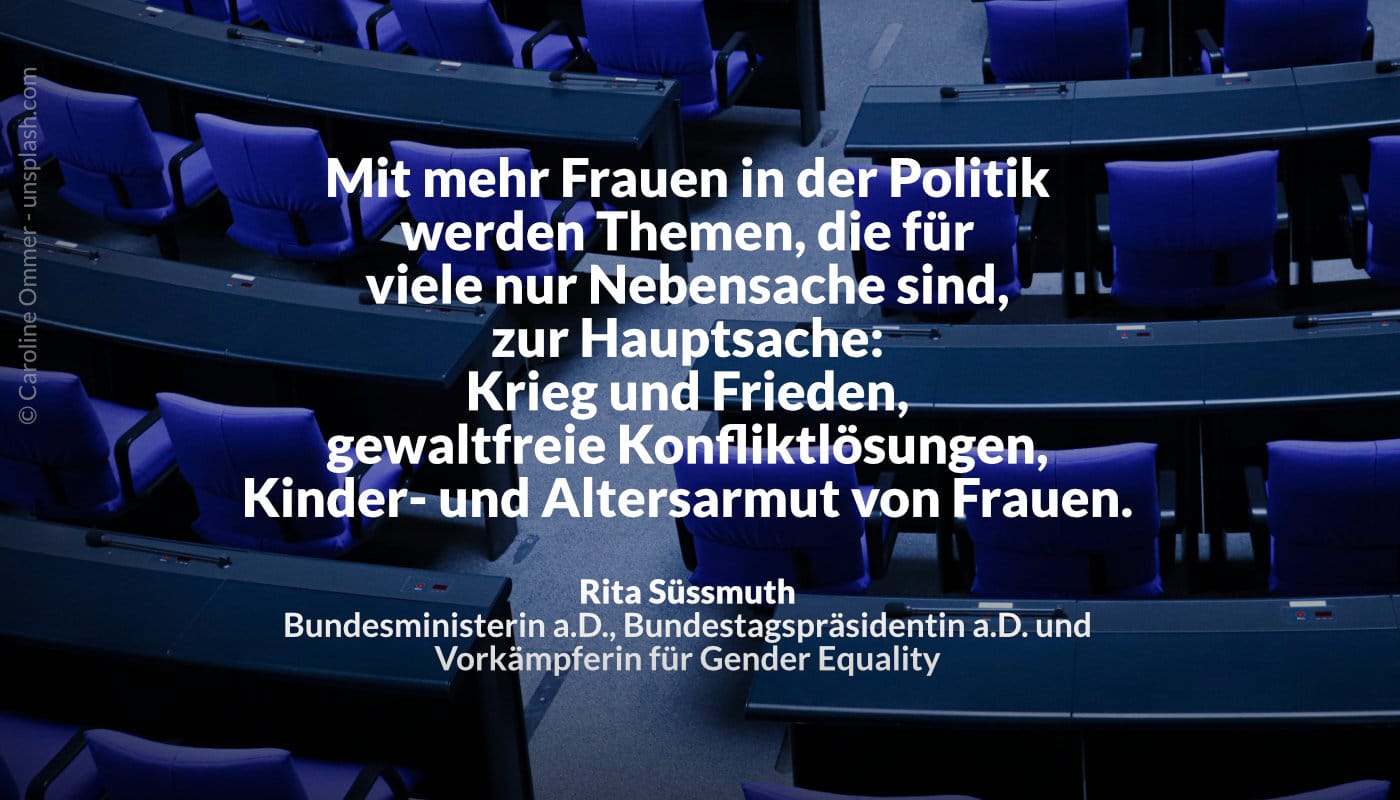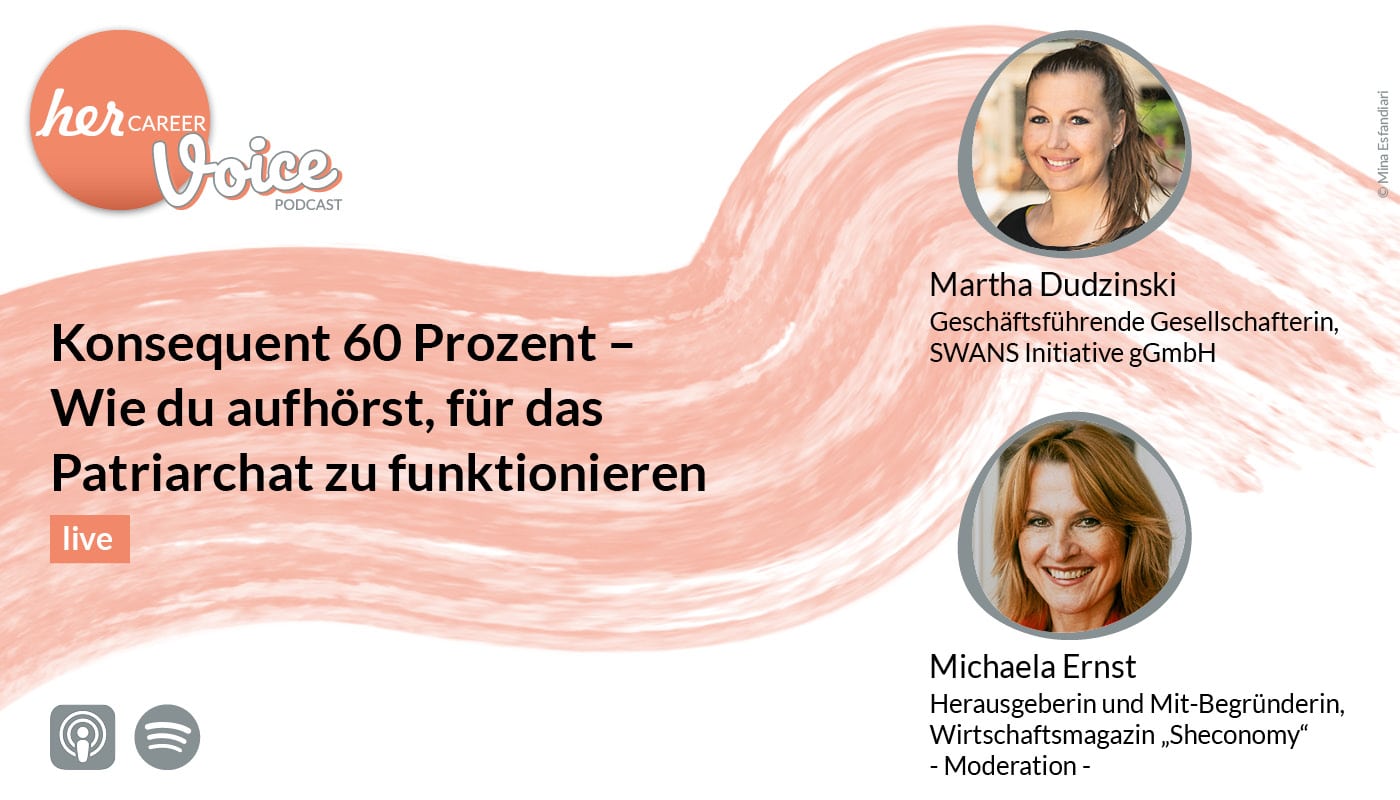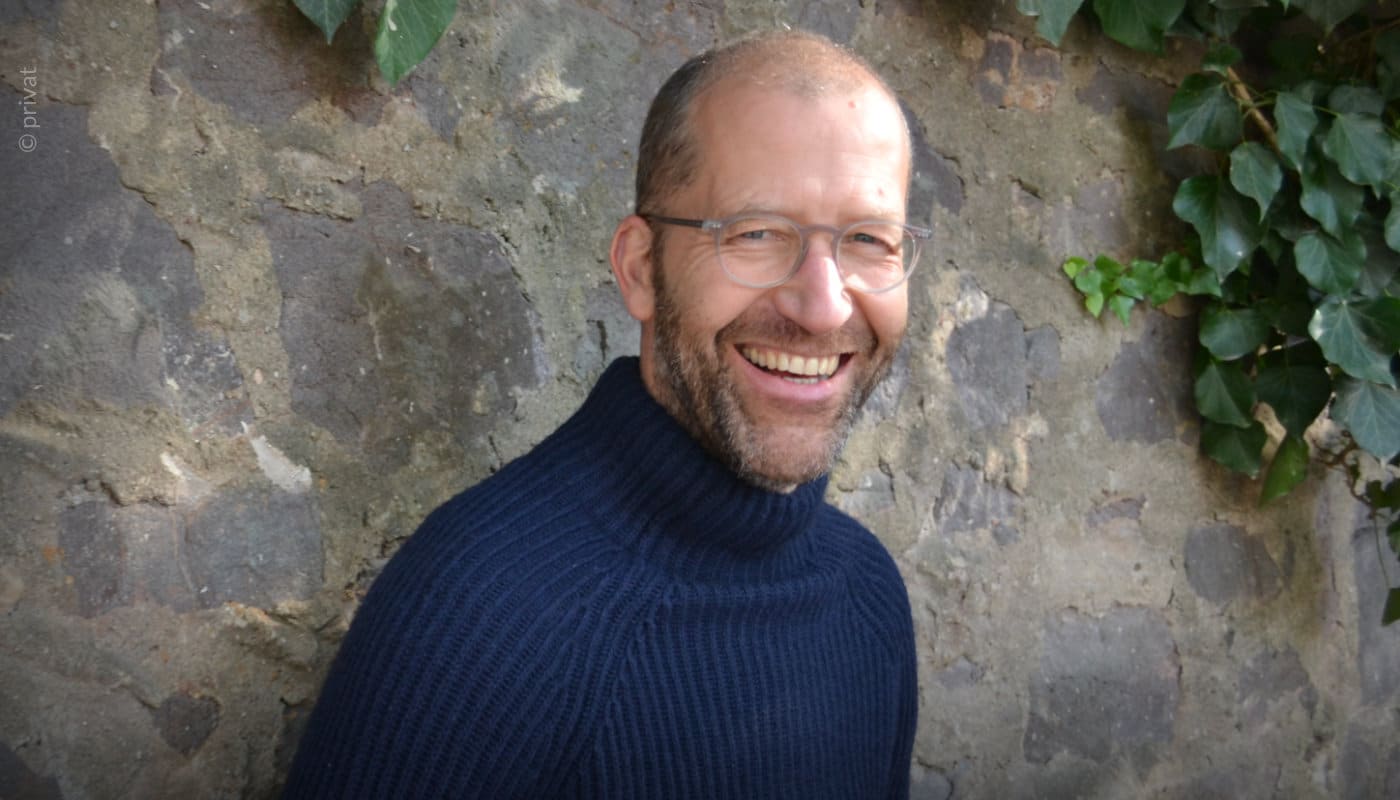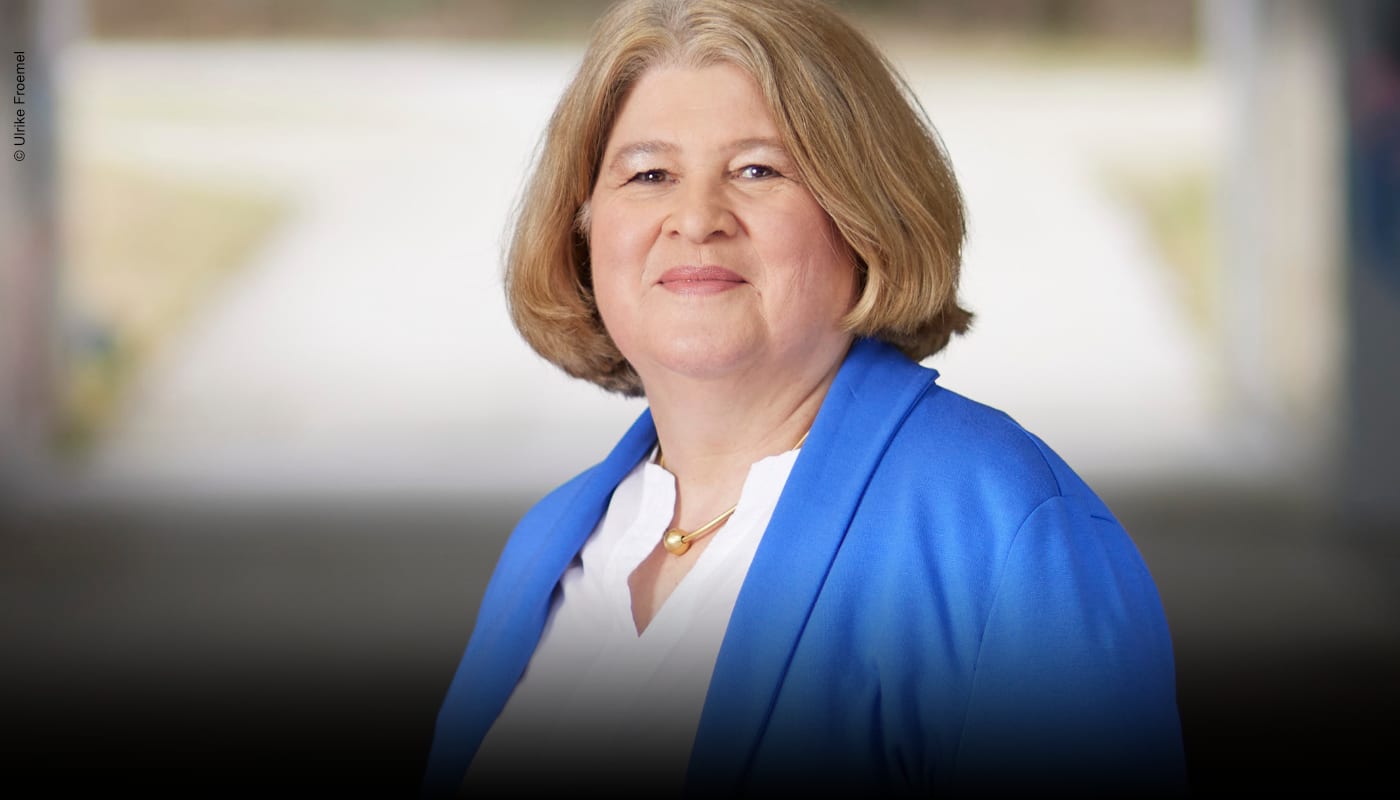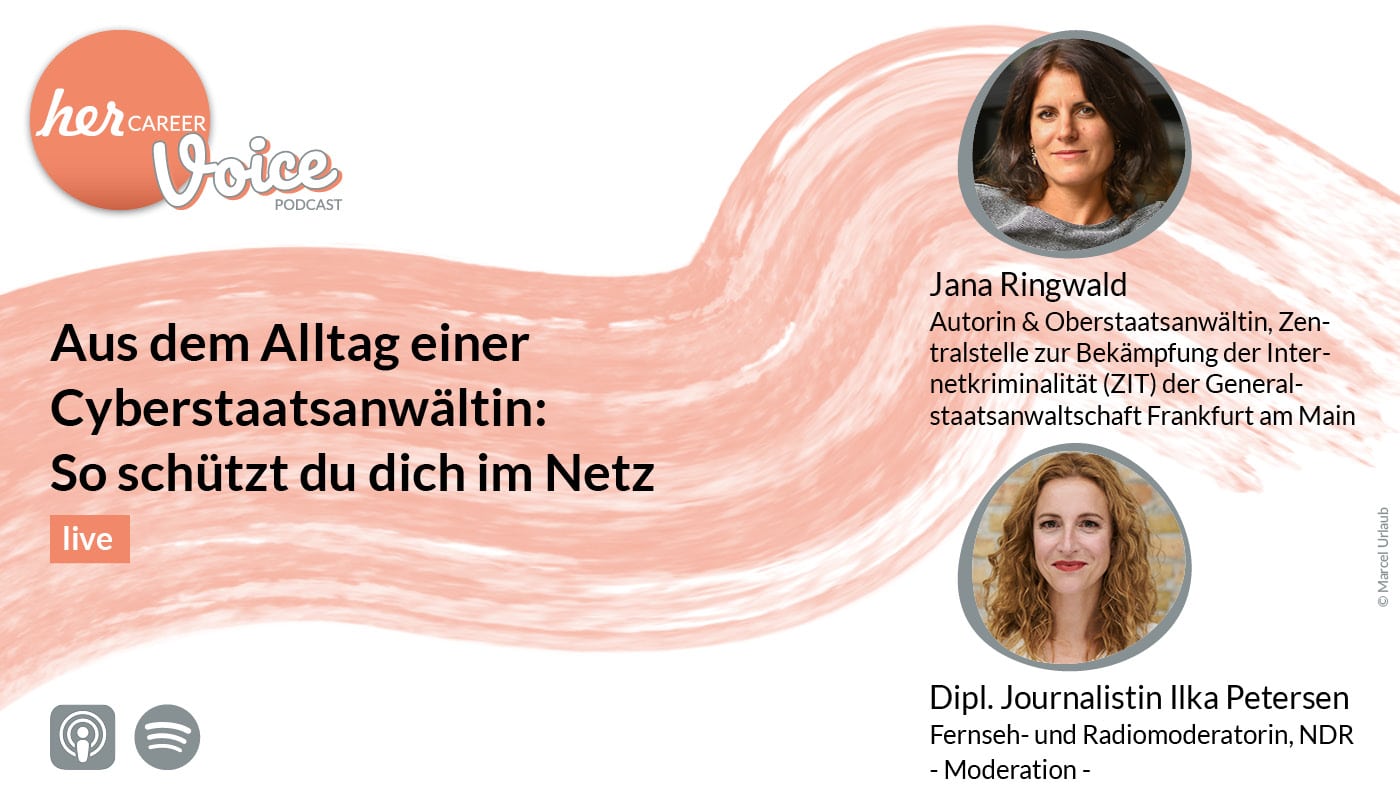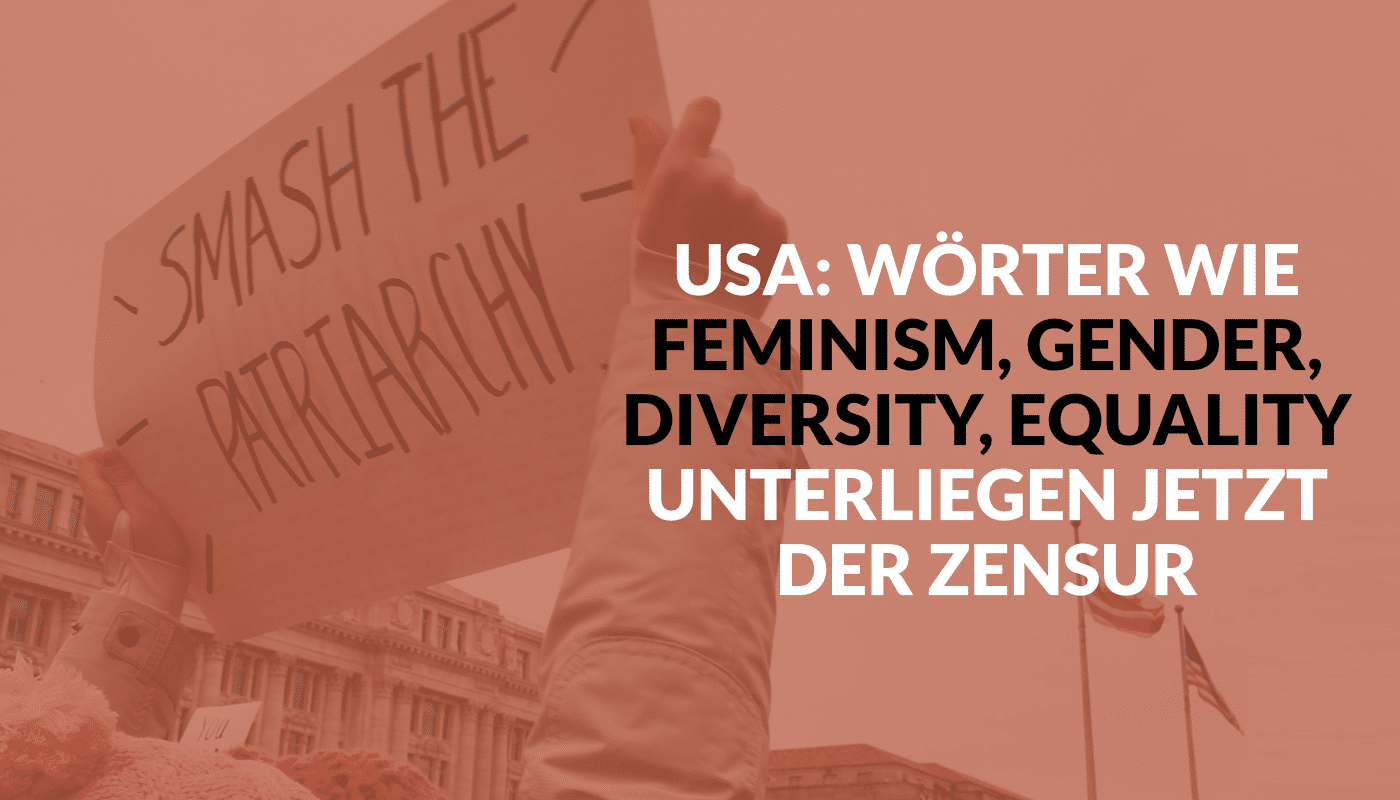Frauen scheinen im Business immer das falsche Alter zu haben.
„Julie O’Neill spent nearly three decades as a top anchor for Cincinnati’s WCPO news station, but early last year, her career took a gut-wrenching turn“, ist bei Business Insider (BI) zu lesen. O’Neill wurde von der Leitung des Senders plötzlich abserviert.
„Until all the criticism started, I had had stellar performance reviews“, sagt die Moderatorin. Nach der abrupten Wendung sei ihr der Verdacht gekommen, dass ihr Alter und ihr Geschlecht eine Rolle gespielt hätten. „The station’s leadership never said that O’Neill’s age was a factor in its decision-making. But she believes they didn’t have to“, so BI. Denn, erklärt O’Neill, „they made it clear that I was not the future“.
Eine kürzlich von Harvard Business Review veröffentlichte #Studie zeigt ein erschreckendes Ausmaß an #Altersdiskriminierung von Frauen in Führungspositionen. BI: „Perhaps the most discouraging finding of the survey was that the ageist behavior wasn’t just directed toward one age cohort.“ Die Frauen waren angeblich entweder zu jung und unerfahren, im mittleren Alter durch Care-Verantwortung eingeschränkt (bzw. zu dominant) – oder zu alt.
Bei gleichaltrigen Männern werde mancher Nachteil eher als Vorteil gesehen. „When men get to their 40s or 50s, they’re considered to be in the prime of their careers,“ sagt Co-Studienautorin Amy Diehl, PhD. Selbstbewusste Frauen in diesem Alter würden hingegen oft kritisiert – was an der Unsicherheit männlicher Kollegen liegen könne, die sich davon bedroht fühlten: „They would rather diminish that woman, not promote her, keep her in her place. It’s not that they don’t want her in the workplace — they just want her in a role that’s going to support the men in the workplace and not compete with them.“
BI: „The researchers urge women (…) to recognize that age-related feedback — or negative character-based appraisals such as ‚being difficult‘ — are more likely to reflect on the shortcomings of their superiors than on their performance.“
Ein Artikel im HuffPost (HP) bestätigt: „For men, middle age can often be the era of their professional peak. (…). When men have children, they can benefit from what researchers call the ‚fatherhood bump‘ in pay, because they are now subconsciously seen as more mature and committed to work. And as men age, their wisdom is valued and they can become sought-after mentors to colleagues.“ HP zitiert Amy Diehl: „As they do grow older and more mature in their careers, [women] lose some of the fear of speaking their mind. And certain men don’t like that.“
Eine selbstbewusste Führungskraft könne eben einschüchternd wirken,
sagt Nancy Hanks, Senior Partner bei einer Unternehmensberatung. Sie rät allen, „ageism“ als eine Form der Diskriminierung ernst zu nehmen. Um sie zu beenden, „it is going to take everyone’s effort to call out when it’s happening and to make it clear that it is not an acceptable workplace norm.“

Ein Beitrag von Natascha Hoffner, Founder & CEO of herCAREER I WiWo-Kolumnistin I LinkedIn-TOP-Voice 2020 I W&V 2019 – 100 Köpfe
veröffentlicht bei LinkedIn 26.09.2023
